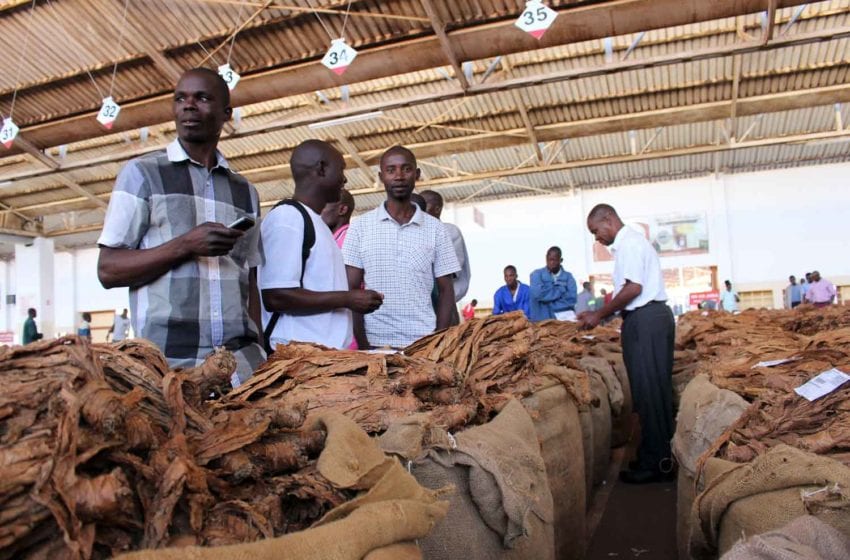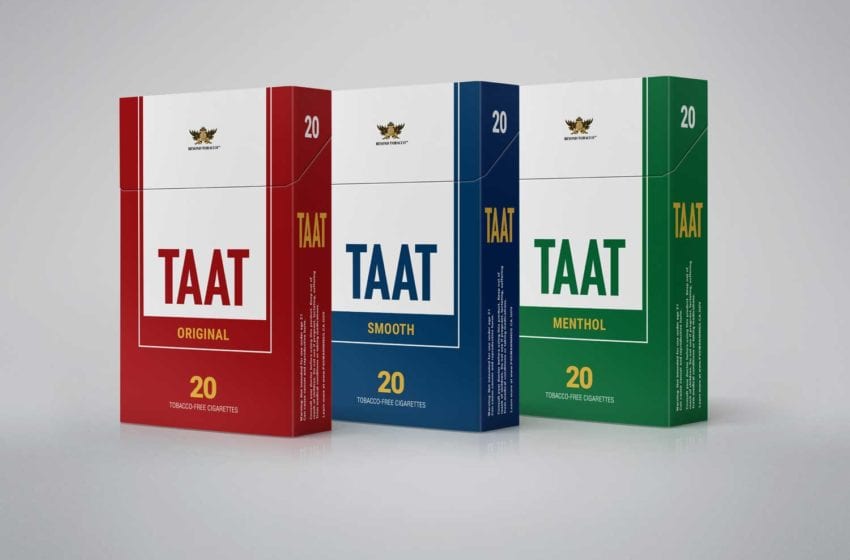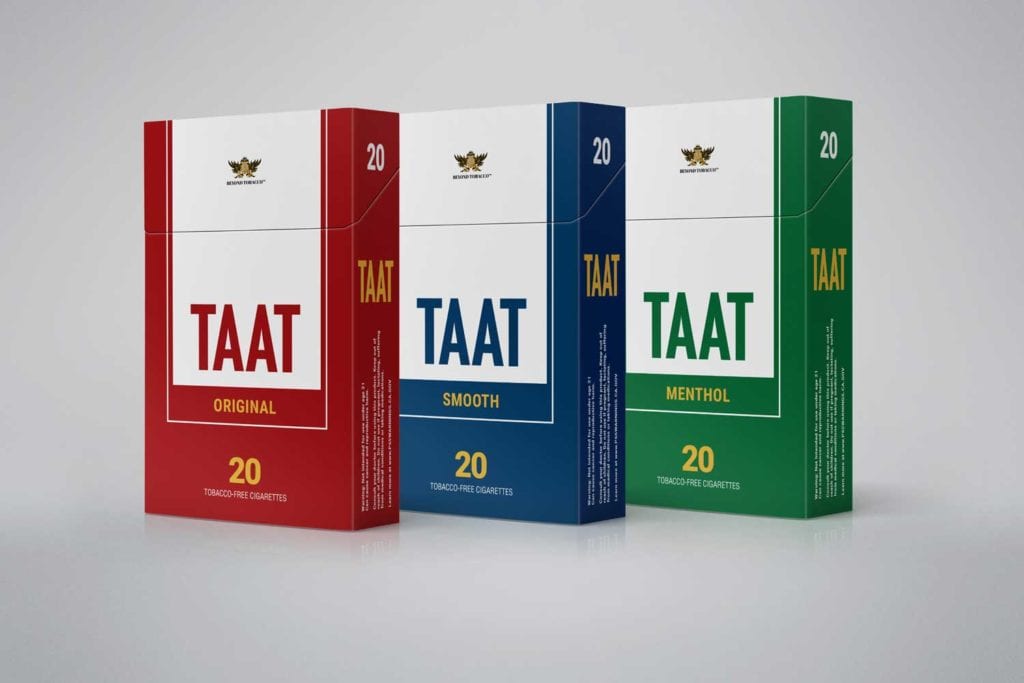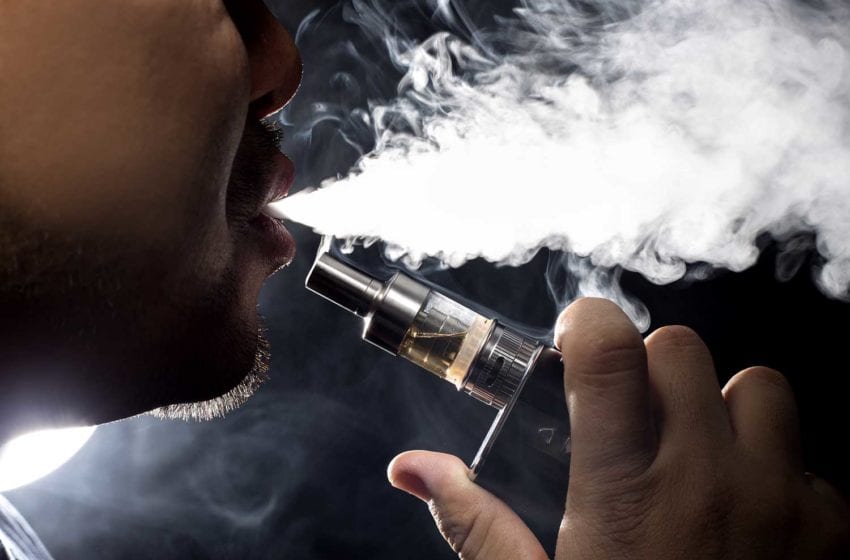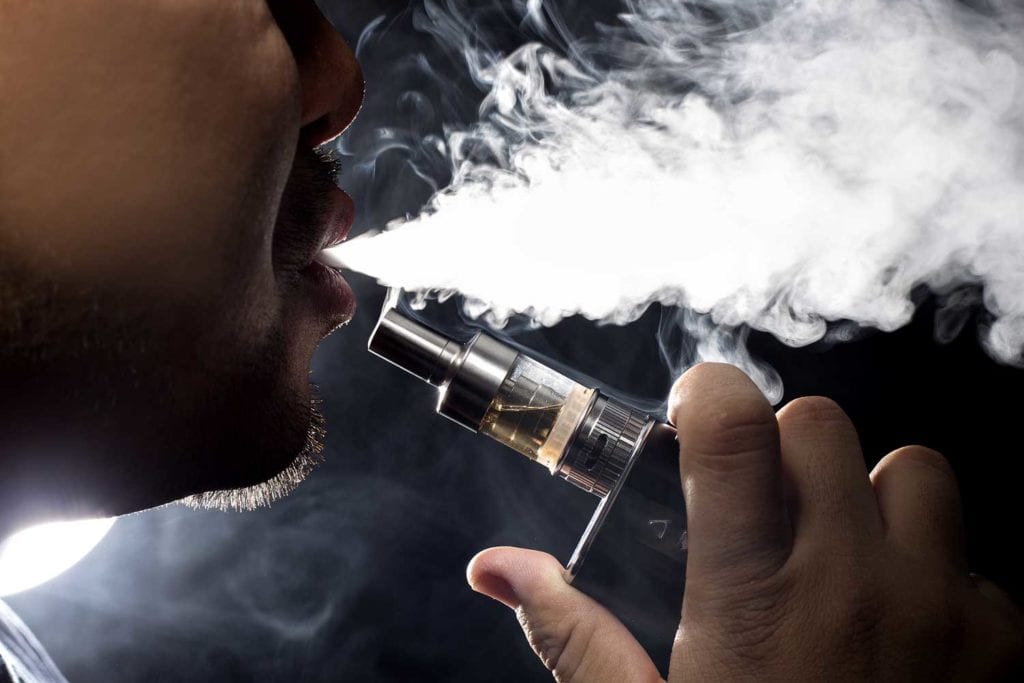Lessebo Paper has achieved a Cradle to Cradle Certified Gold award for its white ranges of uncoated, premium graphical papers, Lessebo Design and Scandia 2000. End users can thus not only support their own sustainability strategy but also give consumers who are looking for a sustainable solution a decision-making aid. Lessebo Paper has been producing paper since 1693, making it one of the oldest paper manufacturers in Sweden.
The company focuses on innovative graphic papers in the premium segment.
Cradle to Cradle Certified is a globally recognized measure of safe, sustainable products made for the circular economy. To receive certification, the products are assessed for environmental and social performance across five critical sustainability categories: material health, material reutilization, renewable energy, water stewardship and social fairness.
To be awarded with the gold award, gold standards must be met in all categories.
“Our products have once again been proved to be a leader in sustainability,” says Eric Sigurdsson, CEO at Lessebo Paper, in a statement. “Being the first paper producer worldwide to receive Cradle to Cradle Certified at Gold level for our uncoated paper products is a big achievement and has been made possible by our focus on sustainability. This is clearly showing that our paper is one of the most climate-friendly paper qualities in the world.”
The paper is produced from totally chlorine-free pulp and has a minimal carbon footprint. It is especially suitable for printing materials where quality and sustainability are of importance, two factors that are key values of the Lessebo brand.
The manufacturer has a long history in Sweden and a track record when it comes to sustainability. Starting in 1662 as an iron mill, the company soon began to focus especially on paper production. And though Lessebo Paper has significantly grown over the years, its tradition and core value—to develop high-performance and environmentally responsible papers and boards—has persisted.
The continuing improvement on every level of production as well as the use of certified management systems has made Lessebo Paper one of the world’s most environmentally friendly paper mills, with emissions at 22 kg per metric ton of finished product—more than 96 percent lower than an average producer of graphical paper.
This commitment has over the years also been acknowledged by the industry: Lessebo Paper is qualified with many sustainability certificates, like the EU Ecolabel for its Lessebo Recycled paper range, the Forest Stewardship Council for several of its paper and board ranges and now also with the Cradle to Cradle Certificate.
In addition, Lessebo Paper had its white ranges of uncoated paper, Lessebo Design and Scandia 2000, assessed in the category of material health and was awarded a platinum level material health certificate by the Cradle to Cradle Products Innovation Institute. This means that all ingredients and process chemicals have been evaluated and accepted by the organization.


